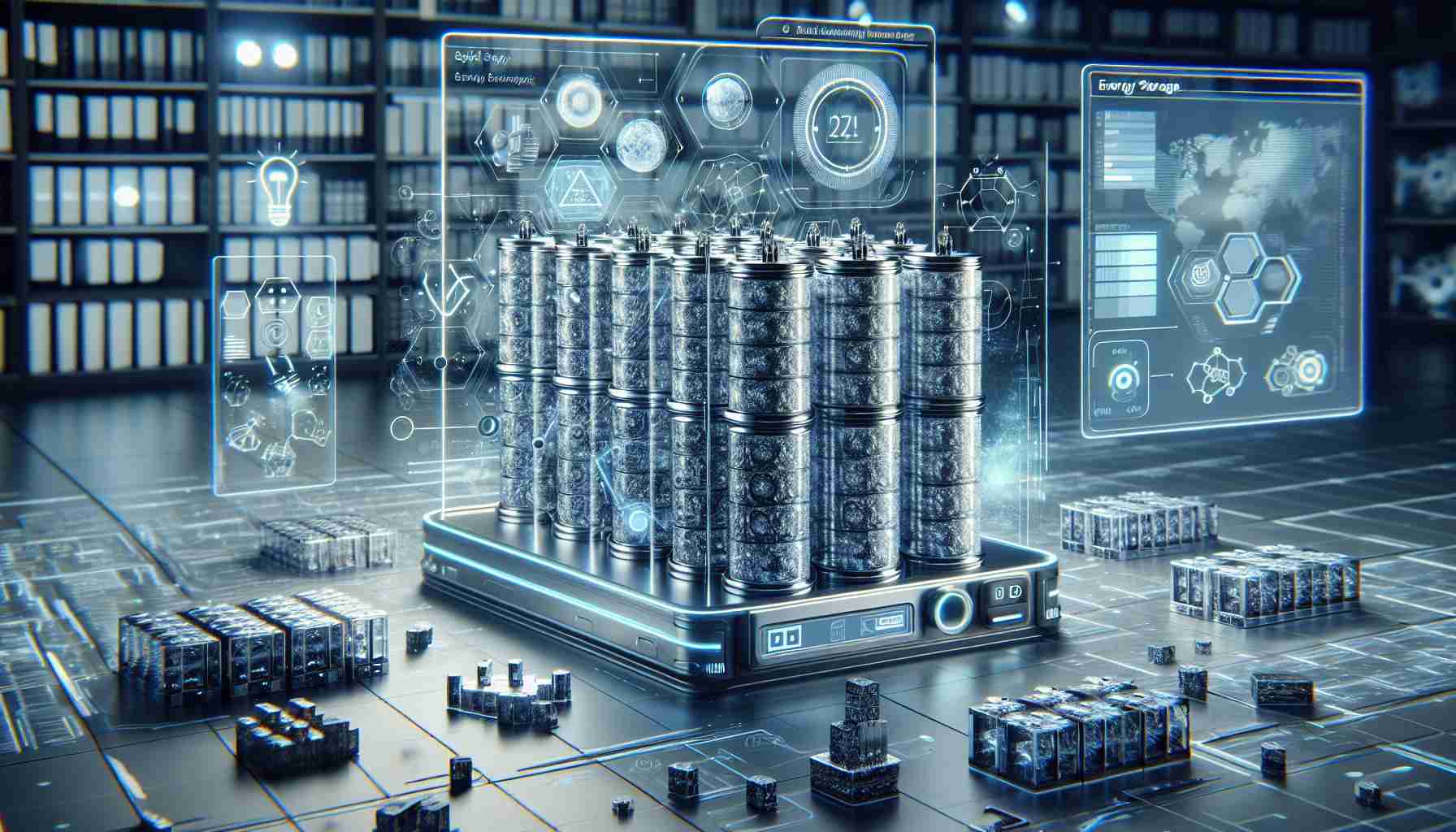In a world driven by technology and innovation, Toshiba, the Japanese tech giant, is once again taking the lead with a groundbreaking battery technology – solid-state batteries. This revolutionary innovation promises higher capacity, longer lifespan, and increased safety compared to conventional lithium-ion batteries. In this article, we will define solid-state batteries, explore the advantages of their usage, and provide answers to frequently asked questions about this new technology.
Defining Solid-State Batteries
Toshiba solid-state batteries are a new generation of batteries that utilize a solid electrolyte in the form of a solid substance instead of the liquid electrolyte used in conventional lithium-ion batteries. What sets them apart is the fact that both the anode, cathode, and electrolyte within the battery are composed of solid materials, rather than a liquid.
Advantages of Solid-State Batteries
Higher Capacity: Toshiba solid-state batteries boast a larger capacity than conventional lithium-ion batteries, resulting in longer operating times and extended usage for wireless devices. This increased capacity opens up new possibilities for enhanced performance in a range of applications.
Longer Lifespan: Solid-state batteries offer a longer lifespan compared to traditional batteries, as they do not degrade to the same extent as liquid electrolyte batteries. This means fewer replacements and a reduced environmental impact.
Increased Safety: The solid electrolyte design significantly enhances safety by eliminating the risks of leakage, overheating, or explosions often associated with conventional lithium-ion batteries. This makes solid-state batteries a reliable and secure choice, particularly in devices that demand high safety standards.
Frequently Asked Questions
1. Which devices can utilize Toshiba solid-state batteries?
Toshiba solid-state batteries can be integrated into a wide range of electronic devices, including smartphones, laptops, tablets, and electric vehicles. The versatility of these batteries allows for seamless integration across various industries.
2. Are solid-state batteries more expensive than conventional lithium-ion batteries?
As the solid-state battery technology is still in the development phase, there may be initial cost implications. However, the long-term benefits, such as extended lifespan and higher capacity, have the potential to make solid-state batteries more cost-effective in the future.
3. What are the prospects for the future development of this technology?
Solid-state battery technology holds immense potential to revolutionize the battery market. It is anticipated that these batteries will find widespread applications in various industries, from consumer electronics to renewable energy. With ongoing research and development efforts, the performance and affordability of solid-state batteries are set to reach new heights.
Sources:
Toshiba Official Website – toshiba.com
The source of the article is from the blog agogs.sk
